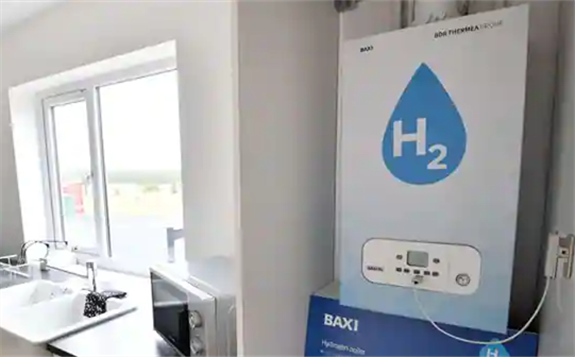India is scheduled to host a two-day summit on green hydrogen, with countries like Brazil, Russia, China and South Africa set to take part in it. The countries will discuss their initiatives around the emission-free fuel.

The summit, scheduled to start on 22 June, is being organised by state-run NTPC Ltd, that recently floated a global expression of interest (EoI) for setting up two pilot projects to produce hydrogen—a standalone fuel cell-based backup power system and a microgrid system.
“Hydrogen, when produced by electrolysis using renewable energy, is known as green hydrogen which has no carbon footprint. This gives hydrogen the edge over other fuels to unlock various avenues of green usage. However, challenges lie in terms of technology, efficiency, financial viability and scaling up which the summit will aim to address," NTPC said.
Global hydrogen initiatives have been gaining traction. Recently, the US-India hydrogen taskforce was launched under the aegis of US-India Strategic Clean Energy Partnership. India also plans to extend the production-linked incentive (PLI) scheme for manufacturing electrolyzers, which are used for producing green hydrogen.
“As the world rapidly moves to decarbonise the entire energy system, hydrogen is poised to play a vital role and build on the rapid scale-up of renewable resources across the world," the statement said.
Leveraging India’s landmass and green energy sources for exporting green hydrogen is one of the steps for achieving energy sufficiency for the country, according to a draft proposal circulated by the ministry of new and renewable energy (MNRE), for the planned National Hydrogen Energy Mission.
The draft proposal, which recommends green hydrogen exports to Japan, South Korea, and Europe, also suggests setting up four integrated hydrogen hubs and running long-range public transport buses fuelled by hydrogen cells.
"Green chemicals like ammonia and methanol can directly be utilized in existing applications like fertilizers, mobility, power, chemicals, shipping etc. Green hydrogen blending up to 10% may be adopted in CGD networks to gain widespread acceptance," the statement added.